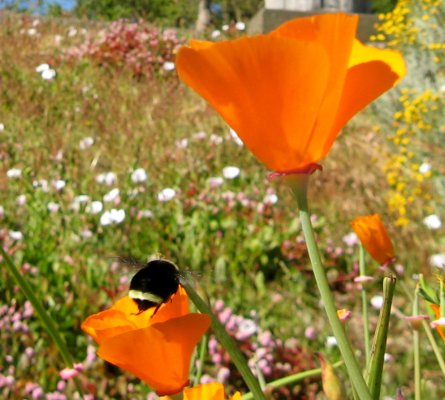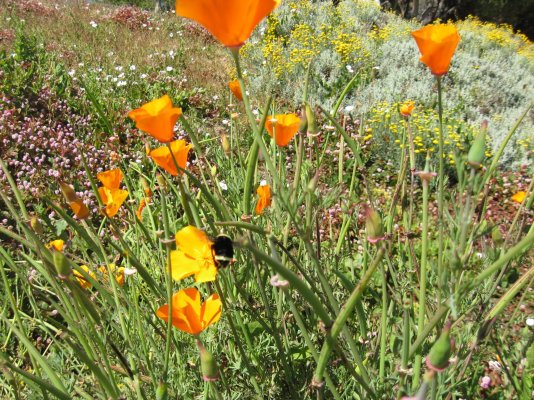Seems sort of silly. I guess there's no organic beef either, because who knows if the field of grass where the cows eat contains dirt that was washed into the field during the last rain from the field up on the hill where they use pesticides .
As an ex-beekeeper I can pretty much guarantee that if your hives are in a huge field of clover, the bees will not be ranging miles looking for additional sources. I would be willing to bet you could claim 100% to any reasonable level of certainty.
The main point of the article is valid, though. There's no real regulation. Just buy honey, and if you don't like it, buy from somebody else next time. Like I do with vegetable stands.




